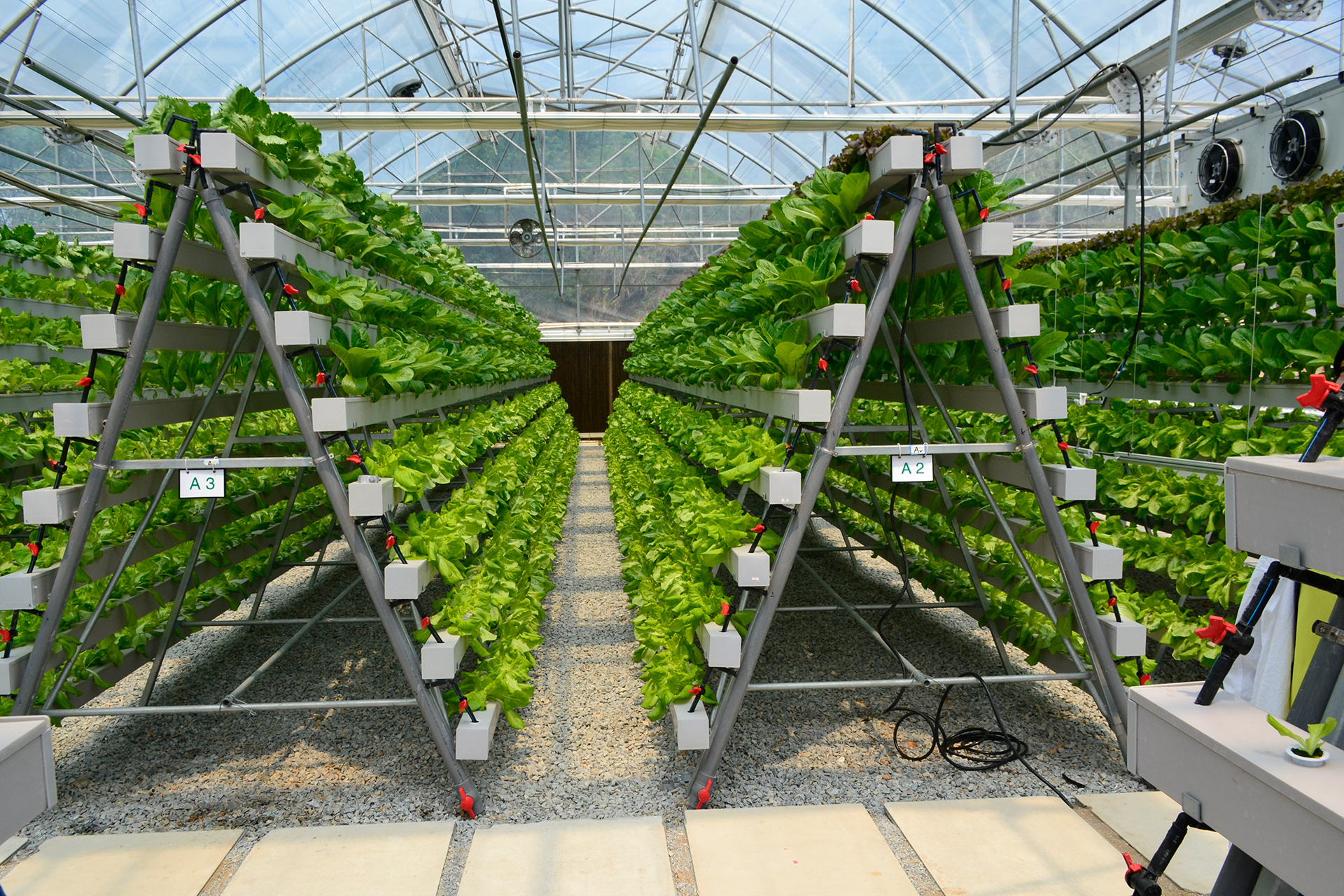The Benefits of Famous Blackout Greenhouses for Sustainable Agriculture
Release time:
Jun 12,2025
Summary:In recent years, the agricultural sector has seen an increasing interest in innovative greenhouse designs that enhance crop production while promoting sustainability. Among these, famous blackout greenhouses have emerged as a notable solution. These greenhouses are specifically designed to control light and temperature, which are critical factors in plant growth and development.
One of the definin
In recent years, the agricultural sector has seen an increasing interest in innovative greenhouse designs that enhance crop production while promoting sustainability. Among these, famous blackout greenhouses have emerged as a notable solution. These greenhouses are specifically designed to control light and temperature, which are critical factors in plant growth and development.
One of the defining features of blackout greenhouses is their ability to block out natural sunlight, creating a controlled environment for cultivating plants. This is particularly beneficial for crops that require specific light conditions to thrive. By manipulating light exposure, farmers can extend growing seasons, prevent premature flowering, and ultimately increase yields. This feature is especially advantageous in regions with fluctuating daylight hours or extreme weather conditions.
Another important aspect of famous blackout greenhouses is their insulation properties. These structures are often built with advanced materials that provide excellent thermal performance. This helps maintain optimal temperatures inside the greenhouse, regardless of the external climate. By ensuring that crops are protected from extreme heat or cold, farmers can secure a more consistent harvest throughout the year. This not only enhances productivity but also supports the overall health and quality of the plants being cultivated.
Moreover, famous blackout greenhouses contribute significantly to resource efficiency. By using controlled environments, these greenhouses can help minimize water usage through advanced irrigation systems. Farmers can utilize techniques such as drip irrigation, which reduces water waste and ensures that plants receive the necessary moisture without oversaturating the soil. This conservation of resources aligns with sustainable agricultural practices and can lead to lower operational costs in the long run.
In addition to their practical benefits, blackout greenhouses also promote biodiversity. By allowing growers to create ideal conditions for a variety of plants, these greenhouses facilitate the cultivation of diverse crops. This not only enriches the agricultural landscape but also helps in pest management as diverse plant species can naturally deter harmful insects.
In conclusion, famous blackout greenhouses represent a significant advancement in the field of agriculture. They offer a range of benefits, including enhanced control over environmental factors, improved resource efficiency, and the promotion of biodiversity. As the agricultural industry continues to evolve, the adoption of such innovative solutions will be crucial in meeting the growing demands for food production while ensuring sustainability for future generations.
One of the defining features of blackout greenhouses is their ability to block out natural sunlight, creating a controlled environment for cultivating plants. This is particularly beneficial for crops that require specific light conditions to thrive. By manipulating light exposure, farmers can extend growing seasons, prevent premature flowering, and ultimately increase yields. This feature is especially advantageous in regions with fluctuating daylight hours or extreme weather conditions.
Another important aspect of famous blackout greenhouses is their insulation properties. These structures are often built with advanced materials that provide excellent thermal performance. This helps maintain optimal temperatures inside the greenhouse, regardless of the external climate. By ensuring that crops are protected from extreme heat or cold, farmers can secure a more consistent harvest throughout the year. This not only enhances productivity but also supports the overall health and quality of the plants being cultivated.
Moreover, famous blackout greenhouses contribute significantly to resource efficiency. By using controlled environments, these greenhouses can help minimize water usage through advanced irrigation systems. Farmers can utilize techniques such as drip irrigation, which reduces water waste and ensures that plants receive the necessary moisture without oversaturating the soil. This conservation of resources aligns with sustainable agricultural practices and can lead to lower operational costs in the long run.
In addition to their practical benefits, blackout greenhouses also promote biodiversity. By allowing growers to create ideal conditions for a variety of plants, these greenhouses facilitate the cultivation of diverse crops. This not only enriches the agricultural landscape but also helps in pest management as diverse plant species can naturally deter harmful insects.
In conclusion, famous blackout greenhouses represent a significant advancement in the field of agriculture. They offer a range of benefits, including enhanced control over environmental factors, improved resource efficiency, and the promotion of biodiversity. As the agricultural industry continues to evolve, the adoption of such innovative solutions will be crucial in meeting the growing demands for food production while ensuring sustainability for future generations.
Related Information
AI+ Agriculture: Discuss its present, challenges and future
With the development and popularization of artificial intelligence (AI) technology, the agricultural industry is ushering in a new change, and agriculture has gradually transformed from a traditional labor-intensive industry to a high-tech industry.
Jun 18,2024
Causes and solutions of strawberry albino fruit
Strawberry albino fruit is a very common physiological disease on strawberries. Strawberry albino fruit generally small fruit, fruit ripening after chlorosis can not be colored normally.
Jun 18,2024
Smart Greenhouse Global Opportunity Analysis and Industry, 2020-2027
Smart greenhouse is a farming technique, which helps user to monitor and control the growth condition of the plant and to optimize the growing process of the plants.
Jun 18,2024
Industry Information

